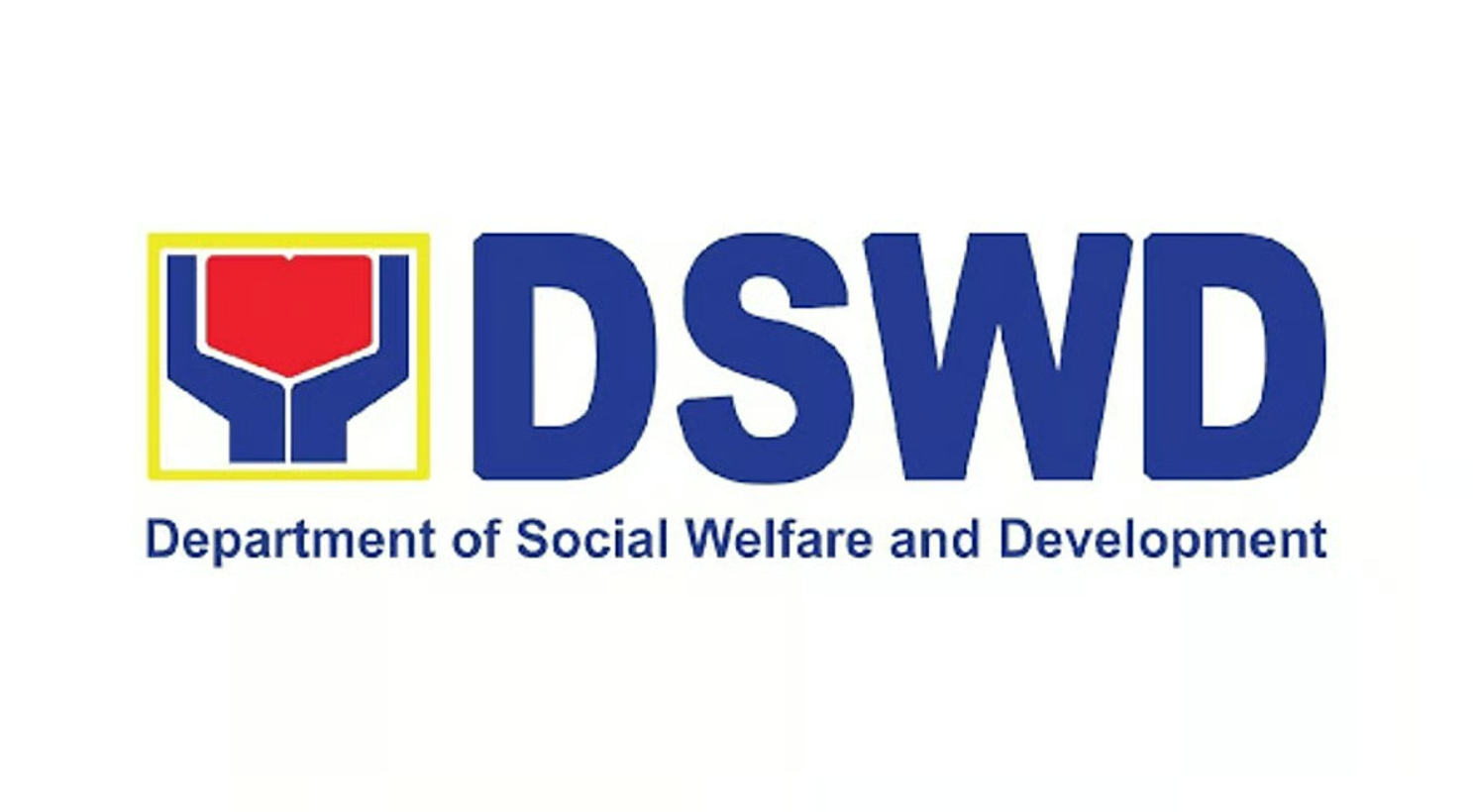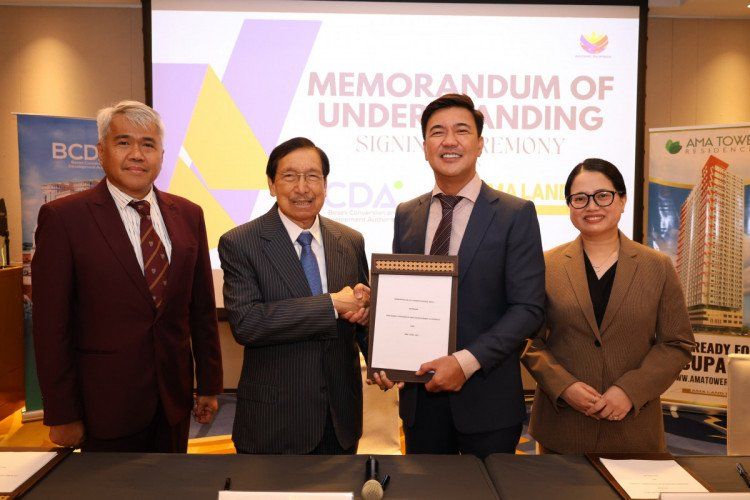‘Baguio’s tact for circular economy takes roots on barangay development, tourism, education’
Art Dumlao — March 4, 2025
‘Baguio’s tact for circular economy takes roots on barangay development, tourism, education’
BAGUIO CITY (February 28, 2025) -- Baguio City’s circular economy (CE) program that seeks to reduce and transform wastes into economic resources to attain environmental sustainability and resiliency, the city government said, is anchored on three crucial sectors – barangays, tourism and education.
Baguio City Planning Development and Sustainability Office Coordinator, Architect Donna Tabangin explained that the city’s CE portfolios focus on three programs for these sectors -- the Bida Barangay, Circular Tourism Enterprises and Green Education to cover three critical sectors.
It was a result of a series of activities and engagements of the city’s Circular Economy Action Team and partners from multi-sectoral groups composed of civil society organizations, academe, youth, micro small and medium enterprises (MSMEs) that started with the CE program’s inception in October last year through the guidance of the United Nations Development Programme (UNDP), Tabangin cited.
As one of the 20 local government units chosen as beneficiaries of the Green LGUs project of the European Union-Green Economy Programme in the Philippines (EU-GEPP), Baguio City will receive support to its CE programs particularly the three key portfolios:
*Bida Barangay through the establishment of communities of circular practice which aims to localize CE practices at the barangay level taking into account gender equality, disability and social inclusion. Materials recovery systems will be the center of the program to reduce waste that goes to landfills.
*Circular Tourism Enterprises supporting the #BreatheBaguio brand which will encourage CE practices for the tourism industry including interventions for both plastic and organic wastes.
*Green Education of CE 101 which teaches CE in Baguio schools and universities by incorporating CE lessons from the day care up to the university level.
The UNDP chose Baguio City as one of the 20 Green LGUs Project grantees to serve as models to other localities in enhancing CE practices in partnership with the private sector and civil society organizations.
The series of workshops and engagements conducted since October last year yielded various portfolios or programs on the three chosen priority sectors incorporating the circular economy principles of recover, recycle, repurpose, remanufacture, refurbish, repair, reuse, reduce, rethink and refuse following the EU-GEPP activity timeline.
The activities were all geared towards achieving zero if not minimized waste goals through structured waste management solutions.
The GEPP is an initiative of the DENR and the EU as a five-year initiative aiming “to enhance waste management, support the transition to a circular economy, and accelerate the deployment of renewable energy technologies” by providing avenues for “policy dialogue, circular economy development and renewable energy promotion” to LGU grantees.
Through collaboration with the LGUs and the private sector, the program is said to aim “to recycle 20,000 tons of plastic waste by 2028, create green jobs and support waste reduction strategies and to help the Philippines achieve its climate commitments, including a 75 percent reduction in greenhouse gas emissions by 2030.”
The Green LGUs project where the city is one of the 20 recipients, is one of the objectives of the GEPP and is being co-led by the DILG, the UNDP and the Dept. of Trade and Industry. It aims to enhance circular economy practices of LGUs in collaboration with the private sector and the civil society groups.




